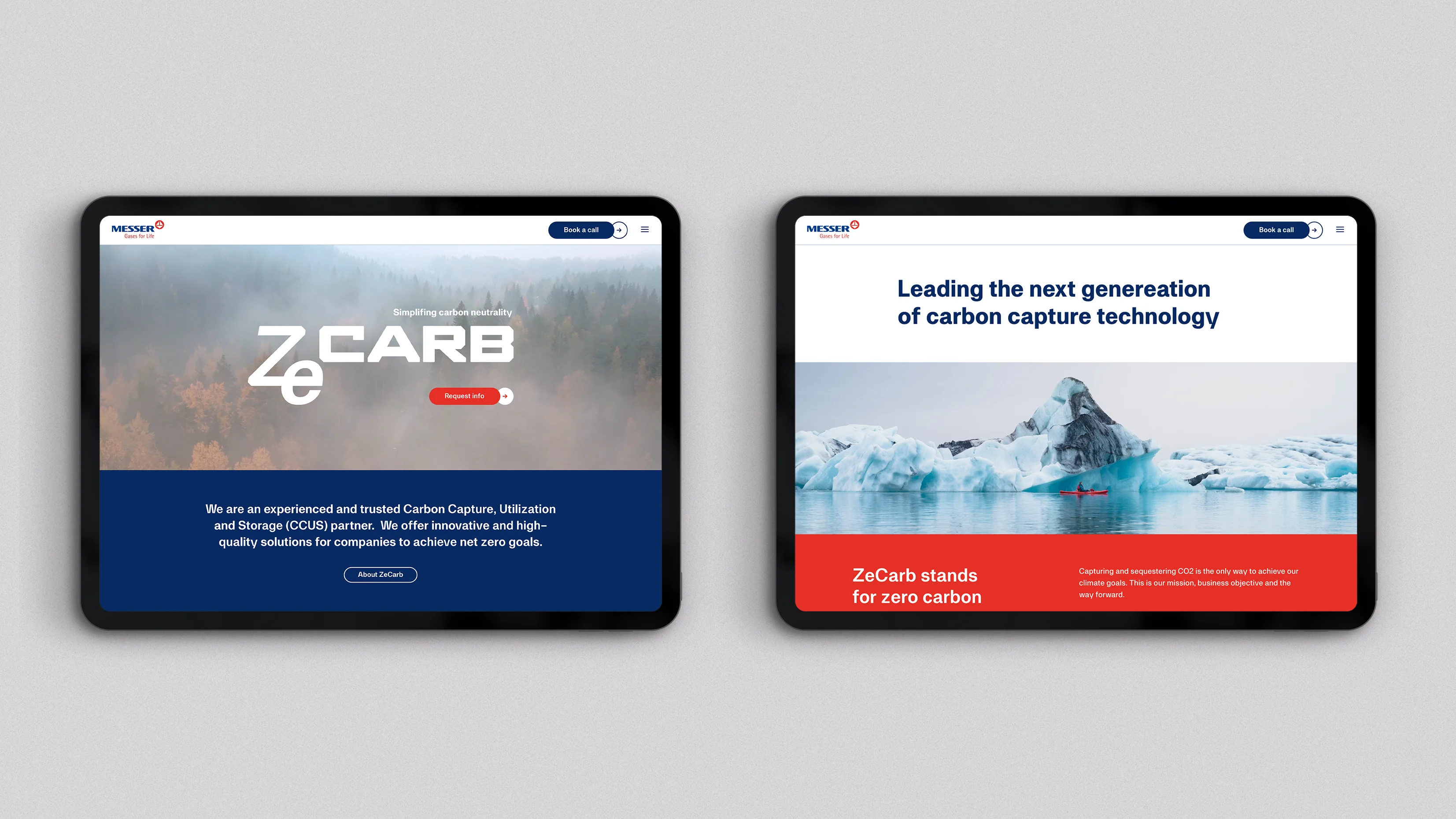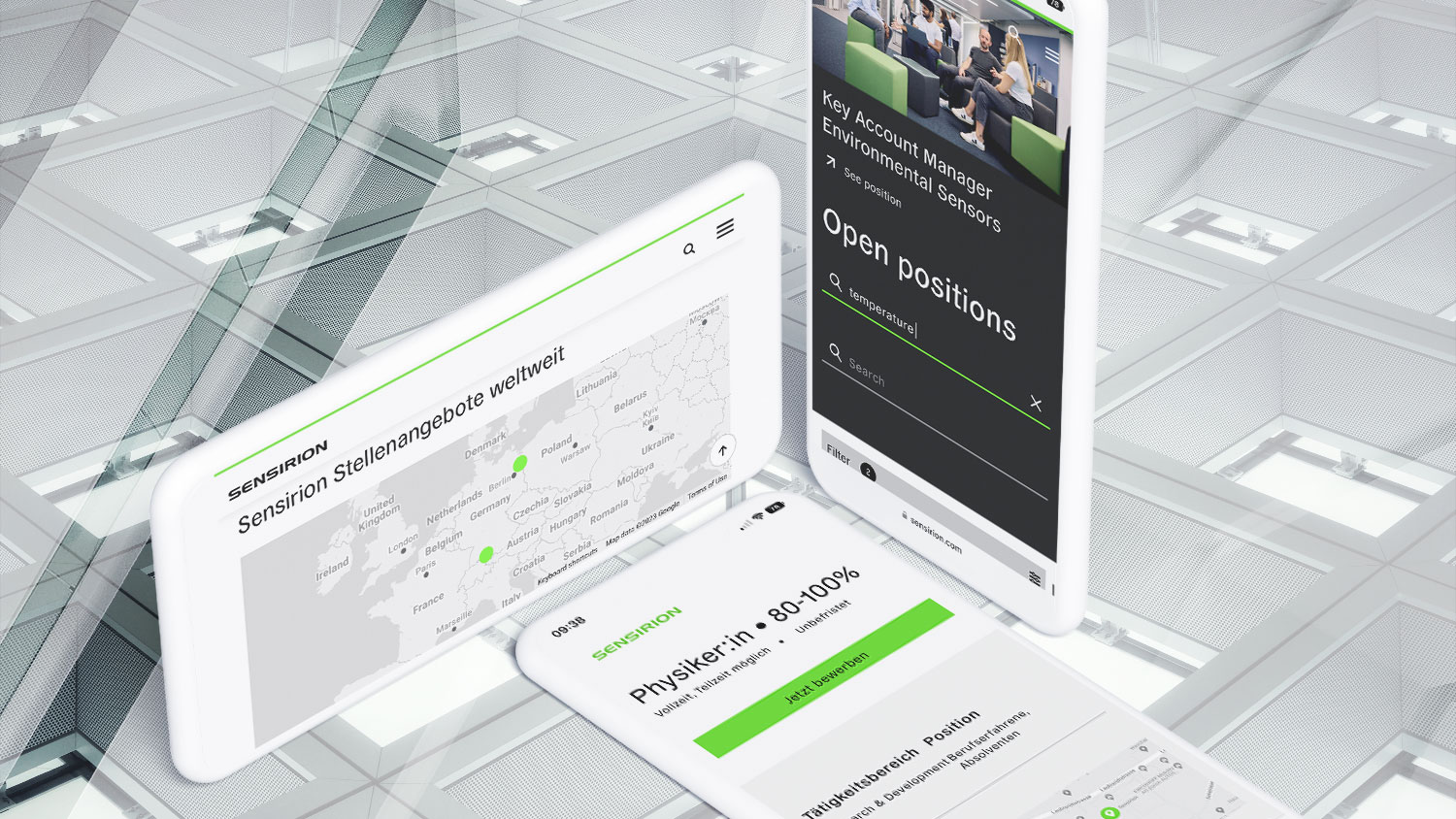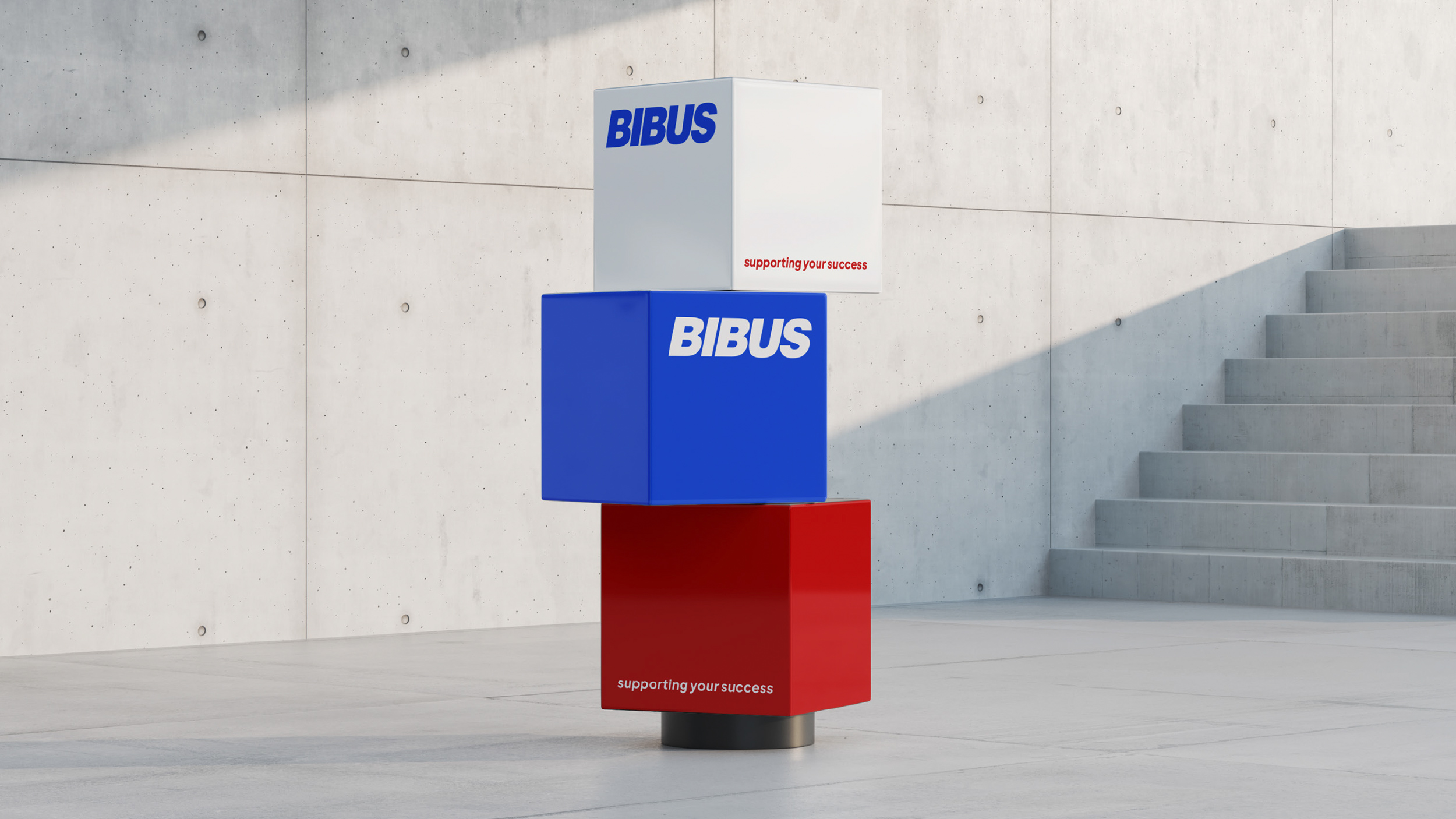AI in business context
Exploring a new era of intelligence
25th October 2023 | 5 min. read | Michael Ruetti
In September 2023, we wanted to find out how our current and former customers and business partners are currently using AI. We sent a survey to around 600 contacts and evaluated 176 completed questionnaires.
2023 is a game-changing year for Crafft. Since the beginning of the year, we have been familiarizing ourselves with all kinds of AI tools and finding out how they can help us to be even more creative. As with all new employees, it's about finding out how we can work well together in order to create something new.
From doing to thinking
For us creatives, the game is changing because the use of massive computing power is helping us to rapidly drive the development of radical new designs. It's a bit like having a super creative assistant that does things we could never have imagined. And the best thing about it? Instead of waiting for inspiration, our robot assistant just gets on with it - no questions asked.
How do our customers use AI?
AI is also a big topic in many customer meetings. The desire to come to terms with AI is palpable. We are already supporting some customers who use product catalogs/PIMs or cockpits for internal knowledge transfer, for example, with technical advice and UX/UI designs. With our September survey, we wanted to find out what the situation is with everyone else: are business cases planned? What is the general level of knowledge, etc.?
From hype to prototype
The evaluation of the survey encouraged us to give the topic of AI a conceptual framework. Together with experts from the FH NW and ZHAW universities of applied sciences, we have developed an AI design sprint that we offer to interested companies. During the 4-day interactive program with our multidisciplinary team, participants identify the most impactful applications of AI, design the development of a working prototype and define the KPIs that can be validated with users.

-
01
Relevance: Still low
arrow_headCurrently, the topic of AI in the business environment is rated as "very relevant" by (only) 12% of respondents. A third of respondents rate its relevance as "low". These low figures are striking and can be explained by the fact that many of those surveyed do not yet know which applications can be supported by AI in day-to-day business: Only 3.8% of those surveyed have very good knowledge of AI, while 58.5% state that they have medium to little knowledge of AI applications.
Conclusion: AI is all over the media and present in individual sectors. According to the survey, however, there is still no evidence of "widespread" use. The potential has not yet been fully tapped, even if there is a willingness to do so.
-
02
Areas of application: Efficiency before strategy
arrow_headUnsurprisingly, marketing departments lead the rankings: 40% of the companies surveyed use AI in marketing, particularly for copywriting (68%) and creating presentations (33%).
At 13.5%, the service center follows in second place, ahead of sales (9.8%) and production (9.2%). More than 12% of respondents stated that they did not know any area of application.
When asked about the benefits of using AI, a third of respondents stated "time savings" and 22% "higher productivity". Only 11.1% of respondents believe that AI can be a driver of new business models and opportunities.
-
03
Challenges: Specialist knowledge and security
arrow_headOver 50% of respondents cited "security risks" (24.5%) and "data protection concerns" (29.5%) as the main challenges posed by AI. The comment columns repeatedly asked: "How can we ensure that our company knowledge is shared and learned internally, but not made accessible to all users via chat GPT"?
It is also noticeable that the "lack of standards" is a challenge. 21.6% state that they want to pay close attention to this issue.
On the other hand, the cost of investing in AI does not appear to be a concern: Only 3.9% rate it as a challenge
-
04
2024: More strategy and development needed
arrow_head77.3% of respondents agree that AI will become even more important in the future. It is also encouraging that the fear of coming into contact with AI is rather low (5.6%). 22.7% of respondents do not yet know whether AI will have a direct impact on their individual workplace. All others assume that they will soon be working with AI.
Respondents need the most support in consulting (22%) and in the subsequent development of solutions (26.4%). Often read in the comments: "What concrete potential does AI have in my company?" It is therefore not surprising that 23.3% of respondents would like to receive a customized application or toolkit to make their everyday work-life easier.
Our conclusion: AI is already having a profound impact on business operations. Companies that want to gain tangible competitive advantages are cultivating new business intelligence by testing AI in its early stages.
At the same time, the potential has not yet been tapped everywhere and, accordingly, it is lying dormant.
Therefore: Now is the time to start! Let's go from artificial intelligence to business intelligence.






